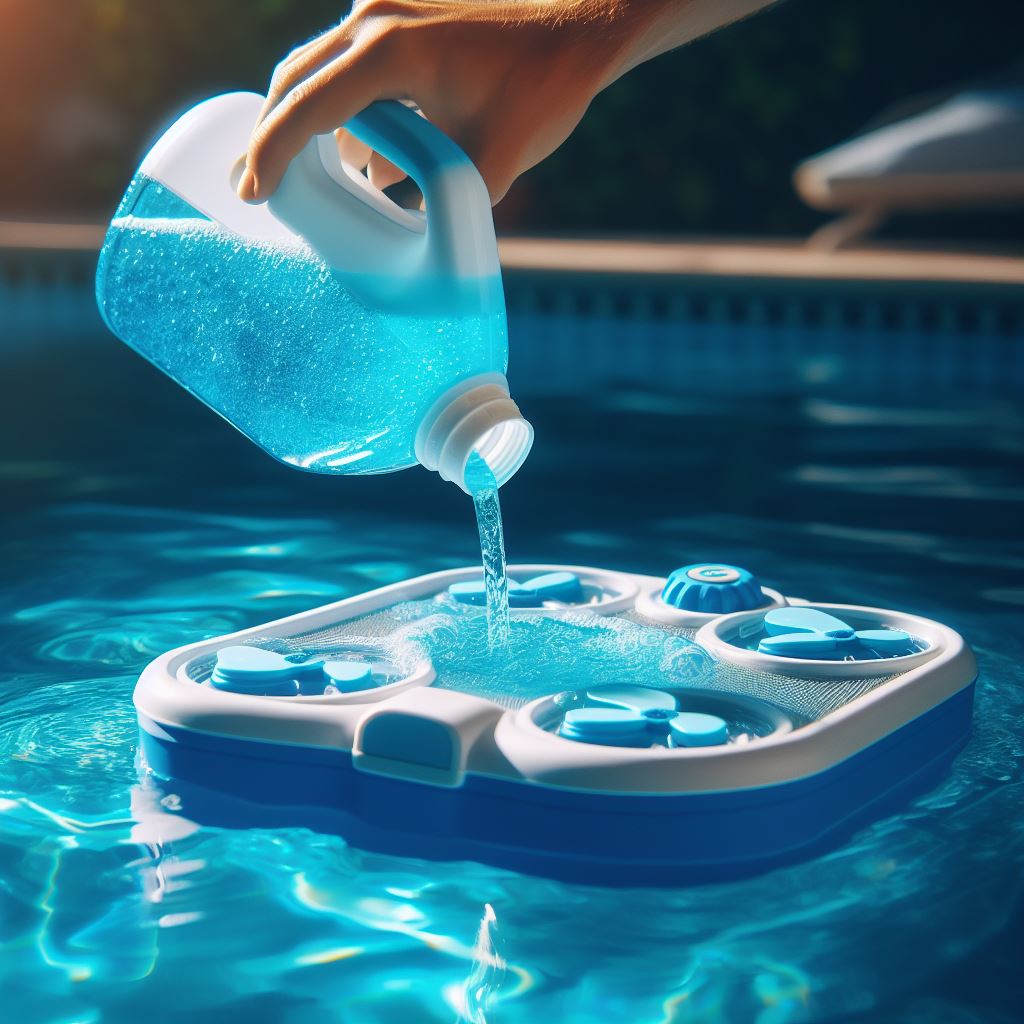With the rapid development of science and technology, chlorine floaters (usually equipment used to treat chlorine-containing gases or liquids, such as chlorine scrubbers) are no longer limited to traditional industrial applications, but have gradually expanded to multiple emerging fields. These emerging applications not only improve production efficiency, but also ensure environmental safety, promote health and well-being, and promote industry innovation. This blog will discuss in depth the diverse applications of chlorine floaters in emerging fields and how they bring unprecedented value to companies and consumers.

I. Environmental protection and air purification
1. Air pollution monitoring and treatment
In the field of environmental protection, chlorine floaters are widely used in air pollution monitoring and treatment. By accurately capturing and purifying harmful chlorine in the air, they effectively reduce the impact of industrial emissions, automobile exhaust, etc. on air quality. Especially in heavily polluting industries such as chemicals and pharmaceuticals, chlorine floaters have become key equipment for companies to achieve green production and meet emission standards.
2. Indoor air purification
As people’s requirements for quality of life increase, indoor air purification has become a new focus. Chlorine floaters can remove harmful substances such as volatile organic compounds (VOCs) and formaldehyde from indoor air, providing a fresh and healthy air environment for homes, offices, hospitals and other places. This application not only improves the comfort of living and working, but also ensures people’s respiratory health.

II. Safety monitoring and emergency response
1. Chemical and coal mine safety
In high-risk working environments such as chemical companies and coal mines, chlorine floaters play an important role in safety monitoring. They can monitor and warn of the leakage of toxic and harmful gases, such as chlorine and hydrogen sulfide, in real time, provide workers with timely safety warnings, and effectively prevent accidents. At the same time, after an accident, the chlorine floater can also quickly start the emergency response mechanism to reduce environmental pollution and casualties.
2. Home and public place safety
With the development of smart homes and smart cities, chlorine floaters have also begun to enter the safety monitoring system of homes and public places. For example, installing chlorine floaters in areas such as kitchens and bathrooms where harmful gases are easily generated can monitor and eliminate potential safety hazards in real time to ensure the safety of residents’ lives and property.
III. Healthcare and Biosensing
1. Medical Diagnosis and Monitoring
In the healthcare field, chlorine floater technology is cleverly used in high-end medical diagnostic methods such as breath marker detection. Through highly sensitive sensor technology, doctors can accurately analyze the gas composition of patients’ exhaled gases, thereby achieving early diagnosis of a variety of major diseases. This application not only improves the accuracy and efficiency of medical diagnosis, but also saves patients valuable treatment time.
2. Biosensing and Monitoring
Biosensors based on chlorine floater technology also show great potential in biomass detection. For example, fluorescent and electrochemical biosensors using graphene materials can detect biomass such as metal ions, DNA, and proteins, providing strong support for life science research and clinical applications.
IV. Advanced Manufacturing and Intelligent Control
1. Intelligent Manufacturing and Automation
In the field of advanced manufacturing, chlorine floater technology is combined with other intelligent control systems to promote the automation and intelligence of the production process. For example, in precision manufacturing environments such as semiconductor factories and nuclear power plants, chlorine floaters can monitor and control the concentration of harmful gases such as hydrogen in real time to ensure production safety and product quality.
2. Smart Water and Water Treatment
In the field of smart water, chlorine floater technology is also used in water quality monitoring and treatment. By precisely controlling the amount of chlorine added through an intelligent control system, efficient purification and stable control of water quality can be achieved. This application not only improves the efficiency and safety of water treatment, but also reduces production costs and energy consumption.
V. Conclusion
In summary, the application of chlorine floaters in emerging fields is becoming more and more extensive and in-depth. They not only play an important role in environmental protection, safety, medical care and other fields, but also promote the development of advanced technologies such as intelligent manufacturing and smart water. With the continuous advancement of technology and the continuous expansion of application scenarios, chlorine floaters will bring richer value experience to enterprises and consumers. As an industry leader, we should actively embrace new technologies and new applications, continuously promote the innovative development of chlorine floater technology, and contribute to building a safer, healthier and smarter society.
 Instant
Quote
Instant
Quote Email
Us
Email
Us